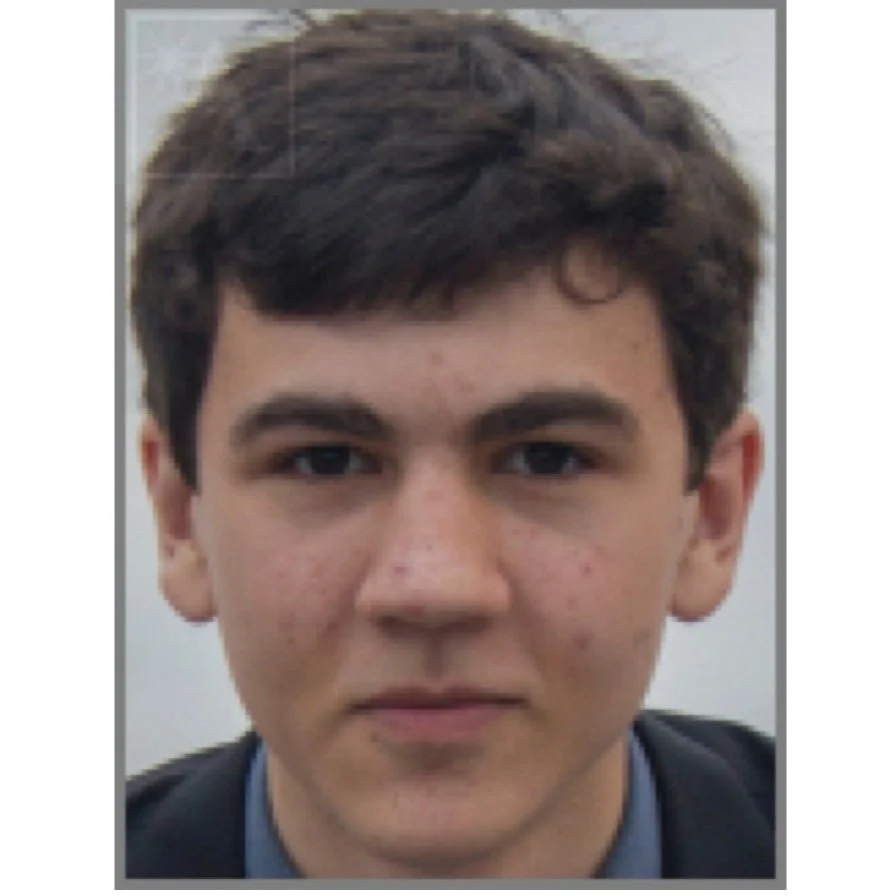Developing Computational Tools for Exoplanet and Educational Research
OVERVIEW
Many of the students in the Follette Lab have a deep interest in software development and front and back-end design of computational tools. The software and tools they design are essential in streamlining everyday research operations and driving our research forward.
Some recent projects in this vein are described below:
-
The direct detection of exoplanets is enabled by empirical point-spread function (PSF) modeling and removal algorithms. The computational intensity of such algorithms, as well as their multiplicity of tunable input parameters, has led to the prevalence of ad hoc optimization approaches. In order to systematically approach optimization, student researchers designed a grid search technique to explore the parameters of the PSF subtraction algorithm pyKLIP.
-
In order to support the search for substructure in scattered light imagery of Planet-Forming Disks, students developed the Flexible Image Gallery Generator (FIGG) Python package to provide a powerful processing tool for constructing image grids through a straightforward user interface. FIGG allows for a user to crop, normalize, mask, label, and display a set of .fits format science images using a simple Google Sheets interface.
-
Students have developed a collection of python modules that allow for fully automated participant tracking, processing of study data, and generation of summary reports for participating classes
In the Spring of 2023, students collaborated with Computer Scientist Dr. Matteo Riondato to design a SQL database that leverages the relational nature of the study data to improve performance of the study’s data processing and analysis code.
-
When an observer requests time to conduct observations, the telescope and instrument must be set up to meet their needs. Erroneous target information can lead to poorly tuned instrumental settings, particularly for complex adaptive optics systems, such the Magellan Extreme Adaptive Optics system (MagAO-X).
The MagAO-X Catalog Web Tool is designed to aid observers using MagAO-X by collecting information on the target stars and returning the information in the proper format for the telescope
PEOPLE
PAPERS & PRESENTATIONS
The Giant Accreting Protoplanet Survey (GAPlanetS): Optimization Techniques for Robust Detections of Protoplanets
High-contrast imaging has afforded astronomers the opportunity to study light directly emitted by adolescent (tens of megayears) and "proto" (<10 Myr) planets still undergoing formation. Direct detection of these planets is enabled by empirical point-spread function (PSF) modeling and removal algorithms. The computational intensity of such algorithms, as well as their multiplicity of tunable input parameters, has led to the prevalence of ad hoc optimization approaches to high-contrast imaging results. In this work, we present a new, systematic approach to optimization.
Developing the Flexible Image Gallery Generator (FIGG) to Explore Transitional Disk Substructures
We developed the Flexible Image Gallery Generator (FIGG) Python package to provide a powerful processing tool for constructing image grids through a straightforward user interface. FIGG allows for a user to crop, normalize, mask, label, and display a set of .fits format science images using a simple Google Sheets interface.
Ongoing Work
Coming Soon!















